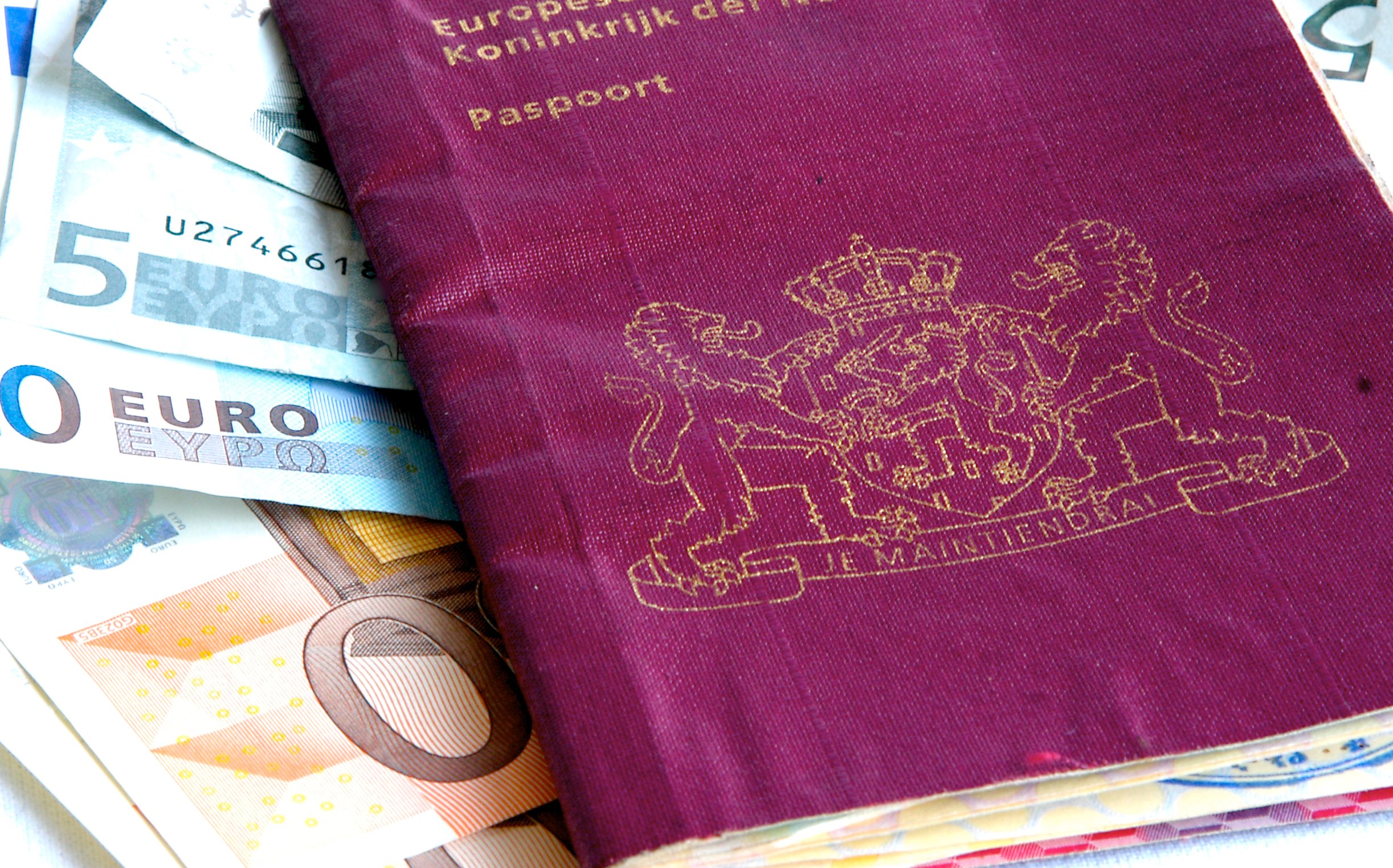How to Achieve a Stressless Relocation Process — Exterus
4:33
Your new employee is exited to start their job at your company. But first they have to move – perhaps halfway around the world. How do you help your new employee get through their relocation process stress-free? There are many things your company can do for them. Read more about the steps you can take in this blog.
What people need most when they’re moving to completely unknown circumstances, is a sense of security. A feeling that things have been or will be taken care of. So, as their employer, you want to take care of them. The first and most important step is to get started on requesting the right permits as soon as you can – you don’t want a delay, and you definitely don’t want your new employee stressing about whether their partner or kids will be able to join them later.
How you communicate is at least as important as actually taking care of the permit process. Tips from our immigration expert: Be clear and concise and declare your expectations with regard to reaction times – you will potentially need your employee to send over lots of documents. However, do not overwhelm your employee by giving them too much information at once. Talk them through the process of getting permits, moving and starting work in general, and give them the necessary details when relevant.
What are the first things people need when moving internationally? Indeed, a home. Plus a local bank account, their social security number (BSN), a healthcare insurance, a local phone plan and many other services. In the Netherlands, you need the BSN (Personal Service Number) in order to get a healthcare insurance and to get that much needed BSN, you need to register first at the municipality (‘gemeente’). Then there’s schools to select and arrange for the children and many other highly practical things to learn about, like how to use public transportation, how to obtain and use a public transportation card; how to go about buying a car or, more likely in the Netherlands, a bike.
Most businesses and HR departments turn to relocation companies and their services for these necessities; they know exactly what expats and internationals need and have lots of experience in completing all the necessary applications and other in their region. They know how to navigate the right channels and, most importantly, how to get things done efficiently.
And they’ll be there from the start, from airport pick-up to TB testing, finding a home and all the other practical things like finding a school, a doctor, a pharmacy and a dentist. Or getting a phone plan, an Internet connection, and applying for a DigiD – a digital ID tool that allows people to access online systems in which the Dutch manage personal and government relates matters like taxes or applications for childcare allowance. The best thing: they can explain how everything works here, too.
Assuming that you’re letting a relocation specialist take care of all these things, there still remains enough that you as a company can do for your new employee. They don’t have to be very complex or time-consuming, but they will let the employee know that you care about their wellbeing.
Some simple things you can facilitate: You can give them the opportunity to follow a Dutch language course. Or, if they bring a spouse who doesn’t have a job here (yet), you might offer them help finding one or get them in touch with recruitment agencies that specialize in expats. In terms of social network building, you can alert them to certain on- and offline communities like Meetup or Toastmasters.
Last but not least: don’t assume that everyone communicates in the same way. So, let someone from HR prepare some material about Dutch culture and communication and if you can, use it in the onboarding process. Likewise, don’t hesitate to invest in cultural awareness for Dutch employees. Some may not have been fortunate enough to live in international surroundings so this will help them understand and communicate with foreign colleagues. A great, hands-on way to do this is to offer (in-company) courses that give them some good, hands-on tips on speaking and e-mail writing in English.
Need more info on how to help your international employee settle in? Or would you like to know more about the types of permits they might need?

Ensure market-conform salaries for immigration compliance in the Netherlands. Learn how to align HR policies with immigration regulations to support Highly Skilled Migrant and EU Blue Card applications.

Discover the 2026 Dutch highly skilled migrant salary thresholds, how annual indexation affects applications, extensions, and employer changes.

Discover the new salary thresholds for highly skilled migrants and Blue Card holders in 2026 and explore future policy changes affecting migration to the Netherlands.

Discover how the reduced salary threshold for Highly Skilled Migrants in the Netherlands benefits both employers and recent graduates. Learn eligibility criteria and key considerations.

Discover the new salary thresholds for highly skilled migrants and Blue Card holders in 2026 and explore future policy changes affecting migration to the Netherlands.

Discover the GVVA single permit in the Netherlands. Learn the hurdles, exemptions, and faster alternatives for hiring non-EU talent.

Navigating the complexities of becoming a highly skilled migrant can be challenging, but understanding the requirements is the first step.

Your guide to the EU Blue Card in the Netherlands. See 2025 requirements, salary thresholds, and how it compares to the HSM permit.

Avoid costly fines when hiring non-EU students in the Netherlands. This guide covers work permits, working hour limits, and administrative duties for employers.

Hiring non-EU talent as a non-profit in the Netherlands? Learn the pros, cons & criteria of key permits like the Highly Skilled Migrant, GVVA & EU Blue Card. Find out which fits your organization best and get expert help to simplify the process!

Looking to hire top global talent fast? Learn how your Dutch startup can hire highly skilled migrants using an Employer of Record—skip the red tape, stay compliant, and scale smarter. Discover the benefits and process in our guide.

Discover the ins and outs of holiday allowance in the Netherlands, including how it’s calculated, when it’s paid, and why it’s an essential perk for employees in the Netherlands.
Subscribe to our newsletter and stay ahead with the latest insights and developments in global employment mobility, delivered straight to your inbox.
By subscribing you agree to with our Privacy Statement